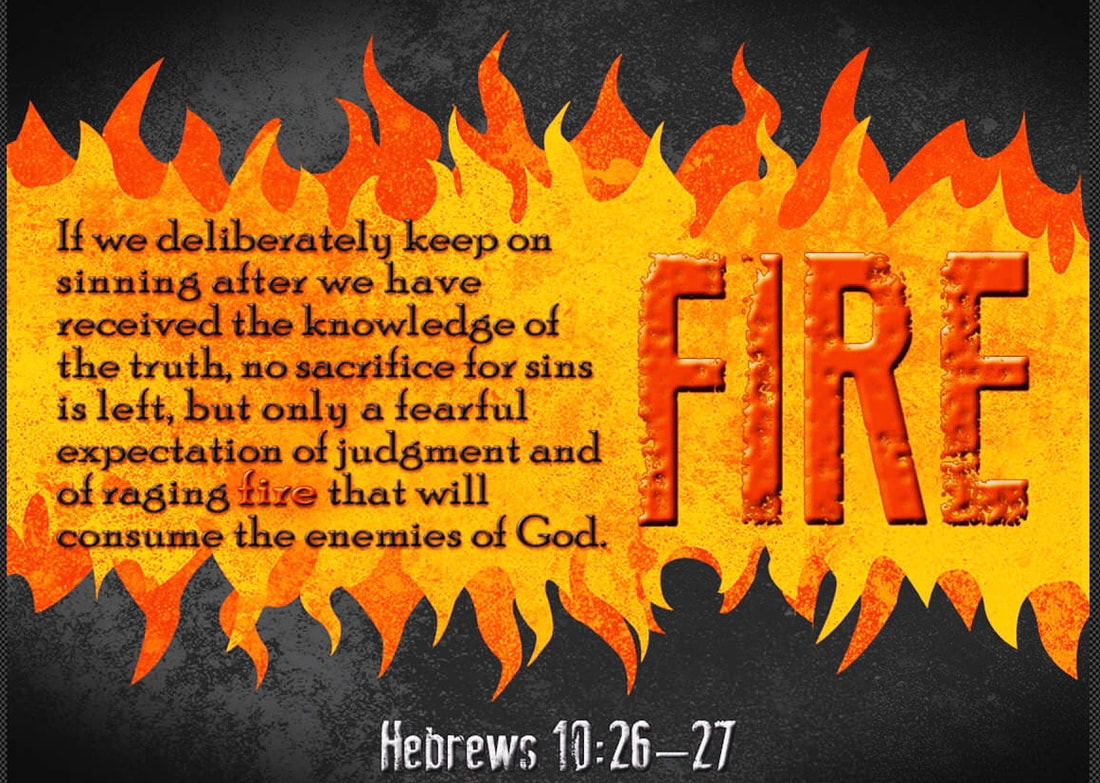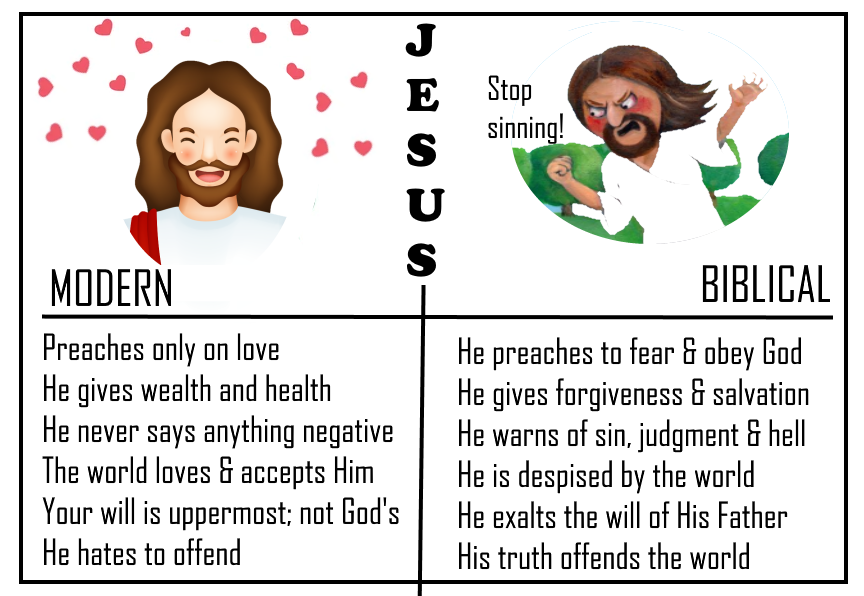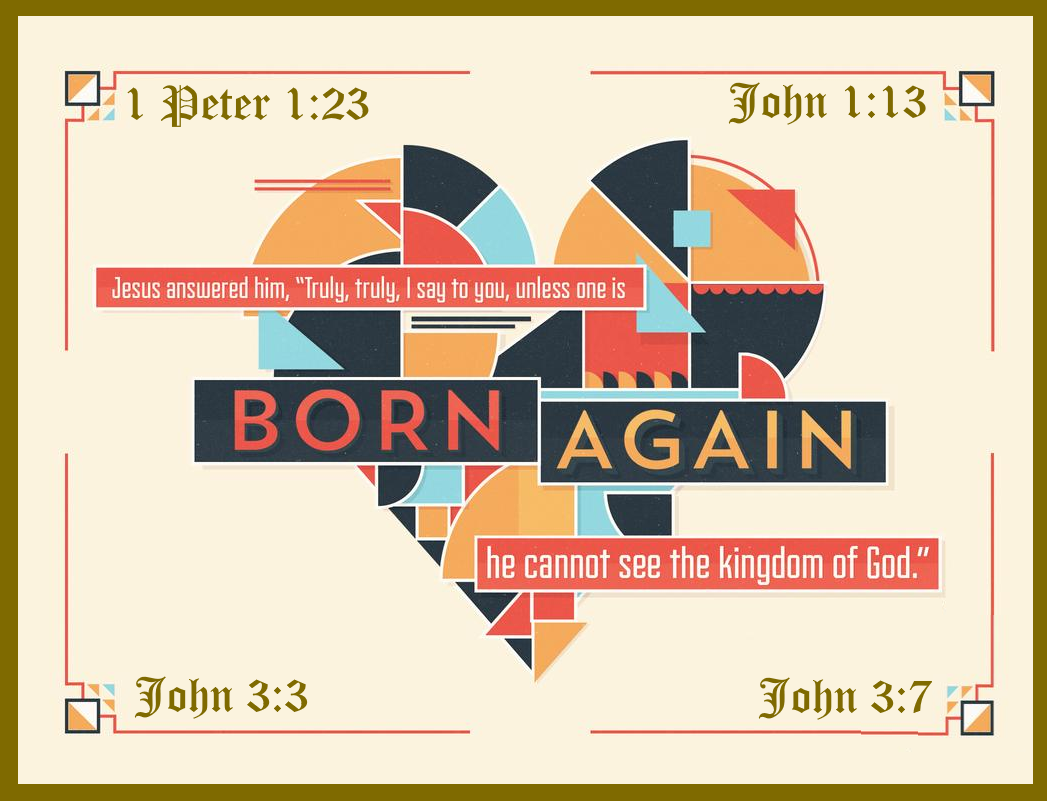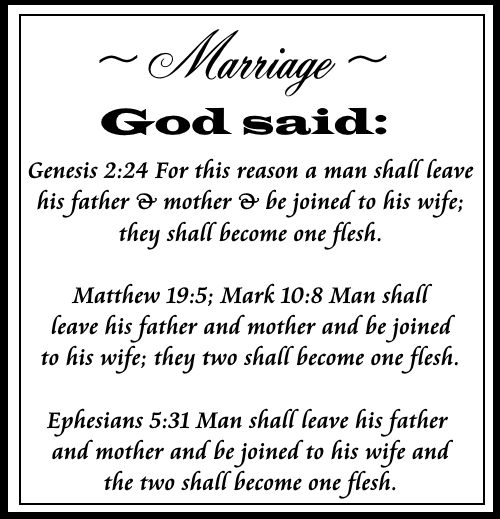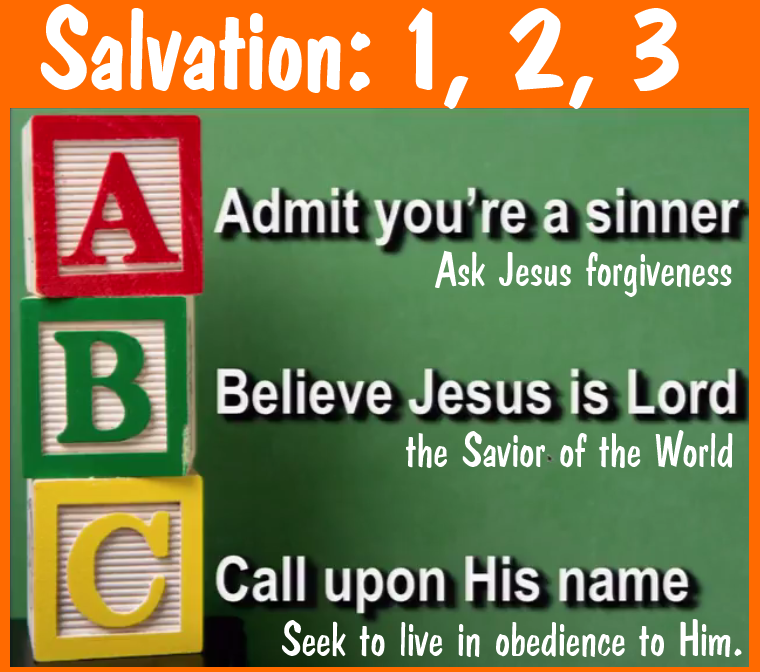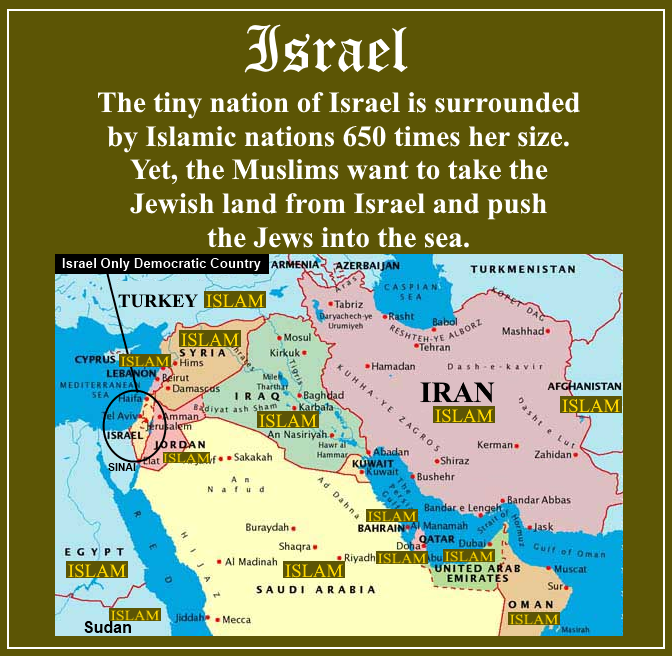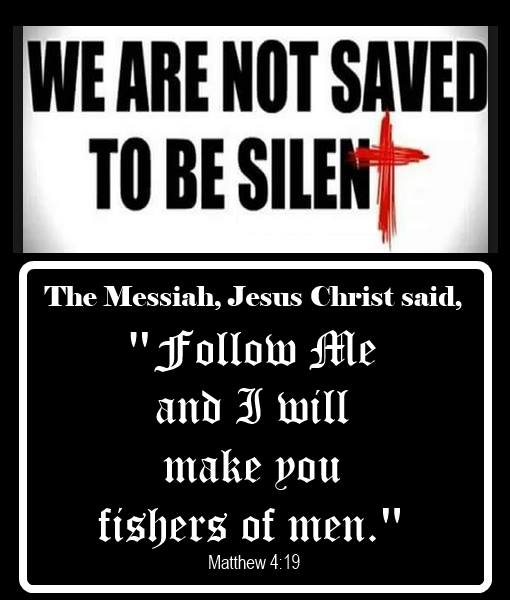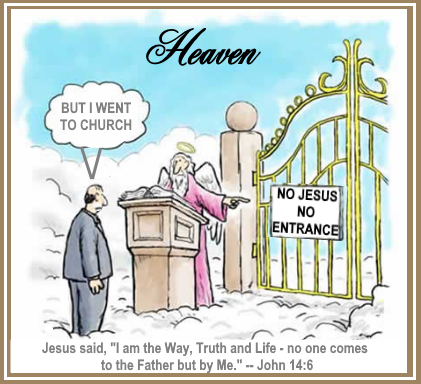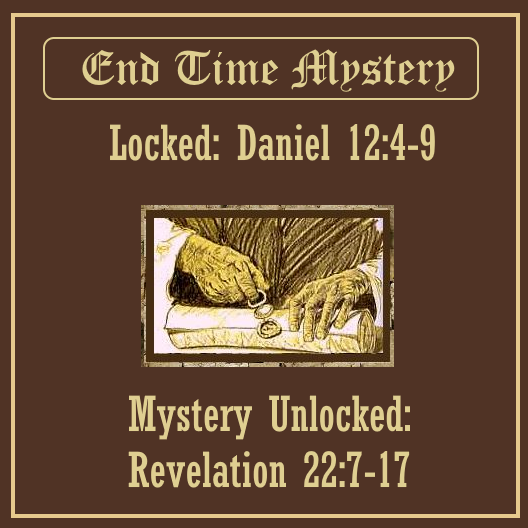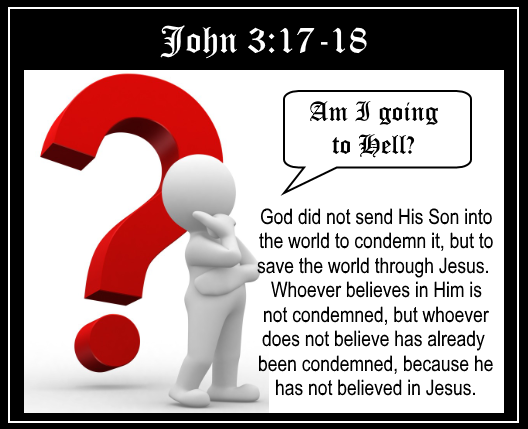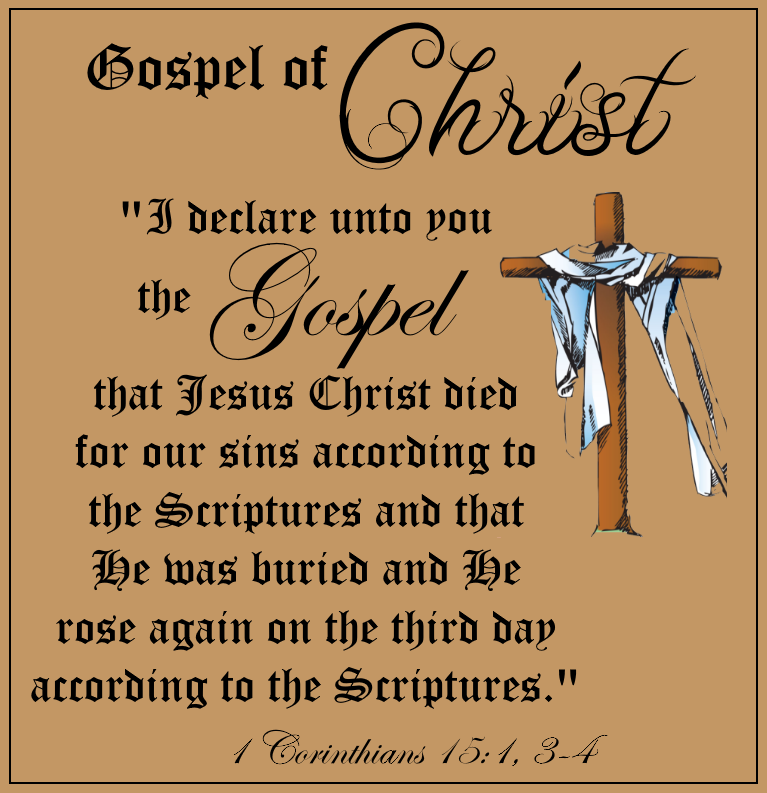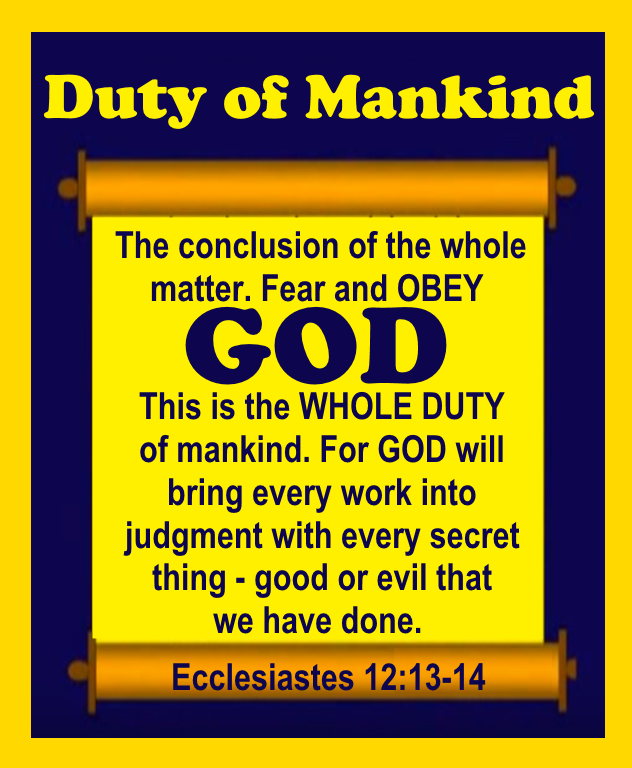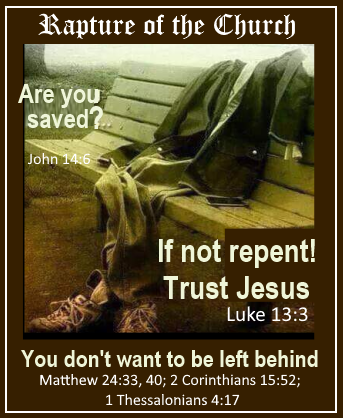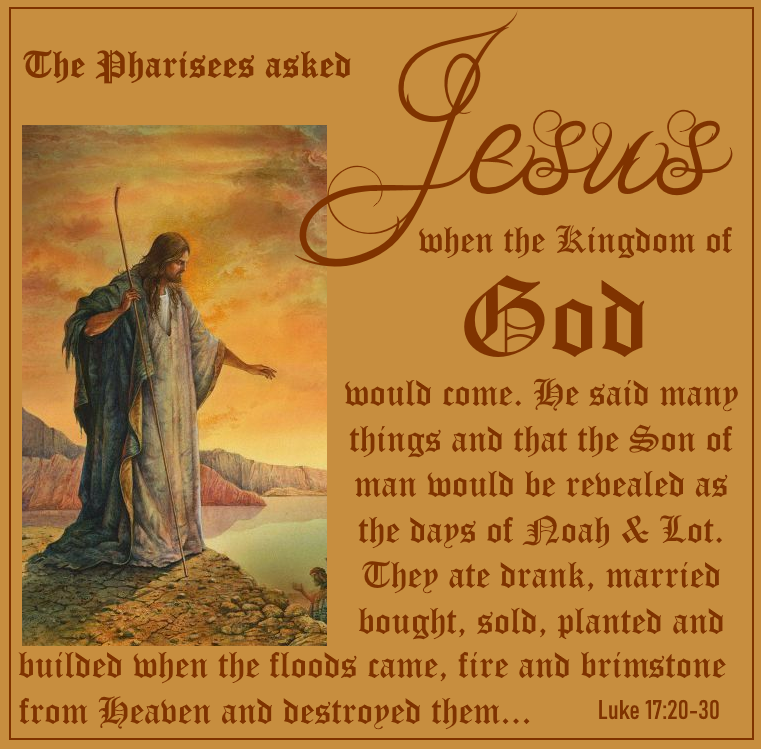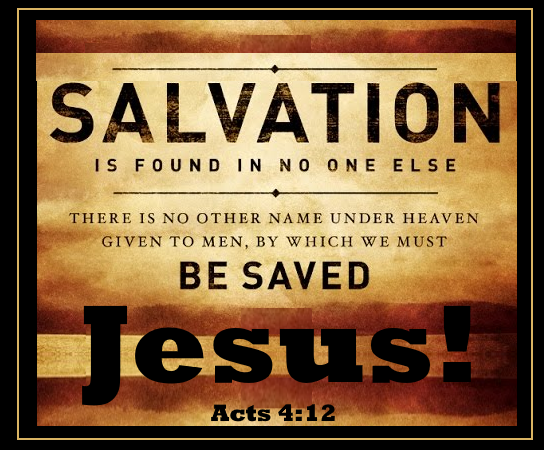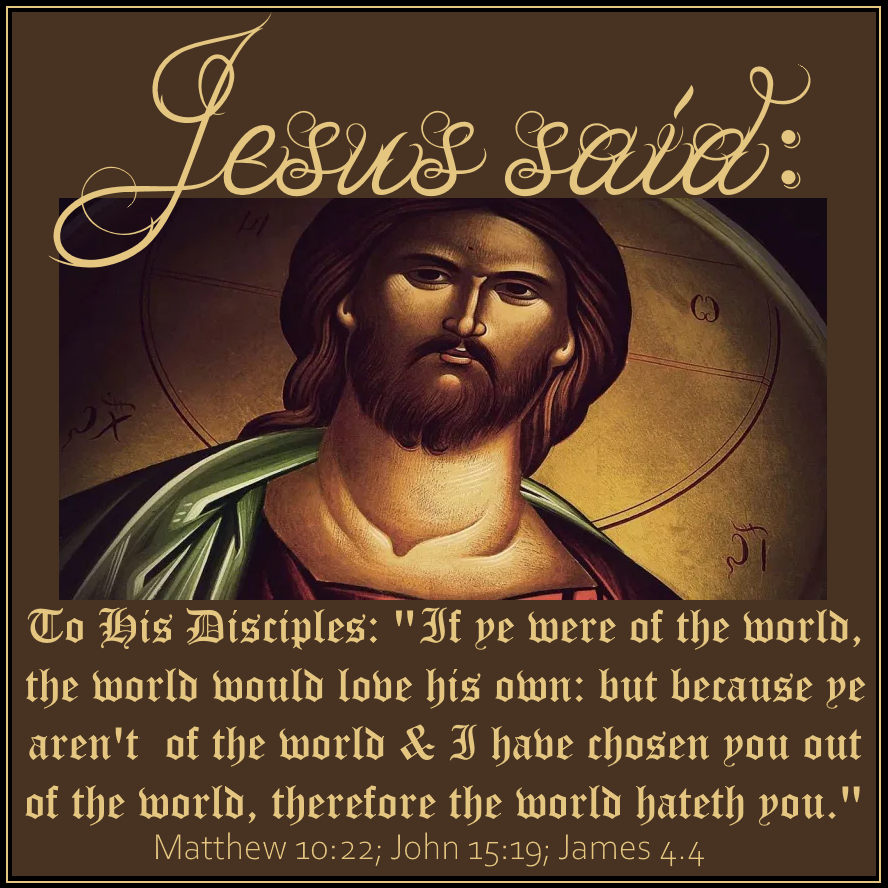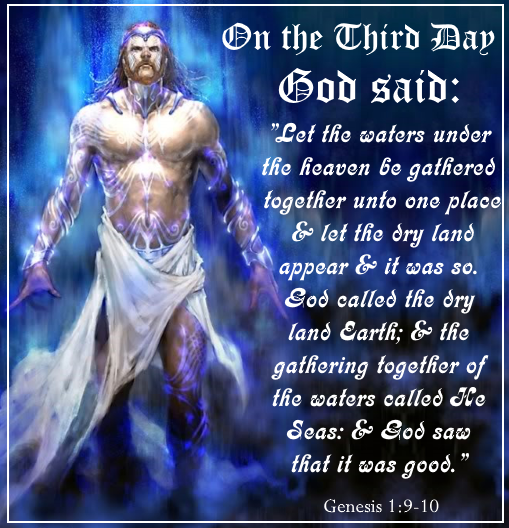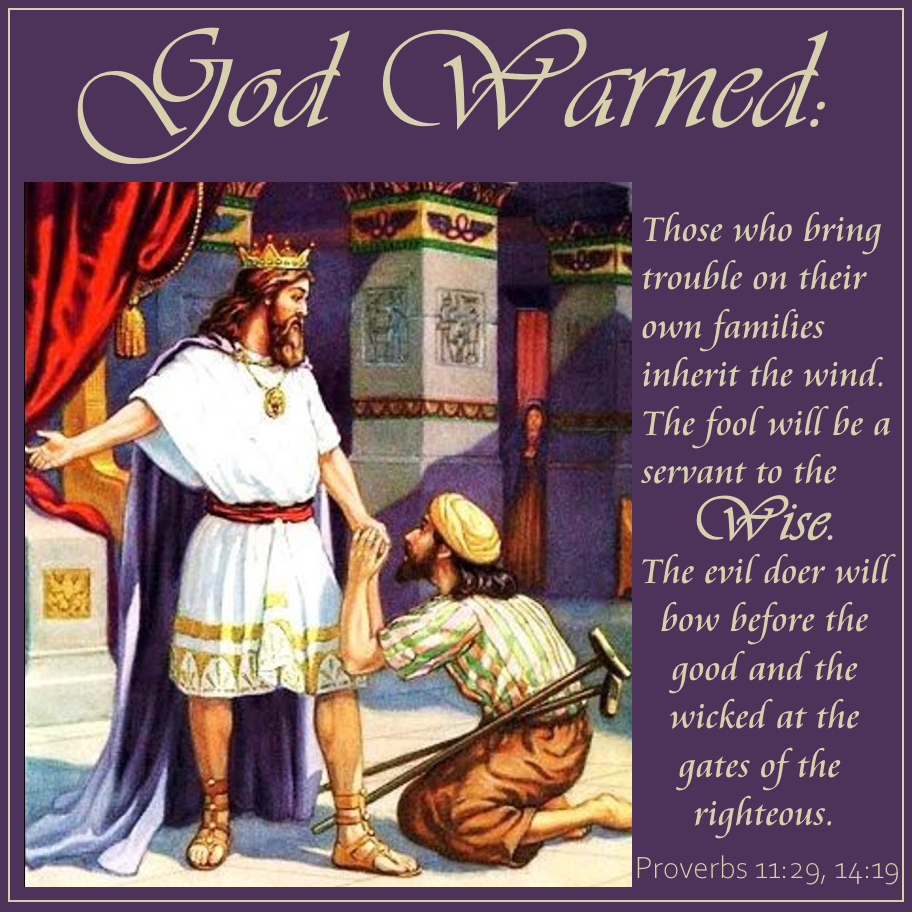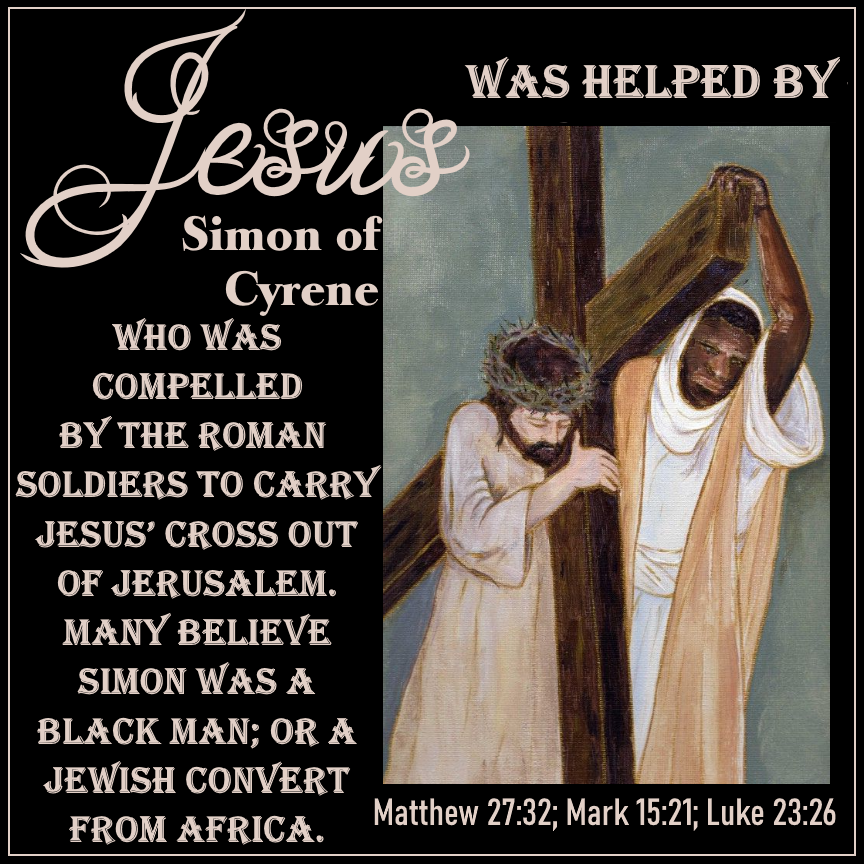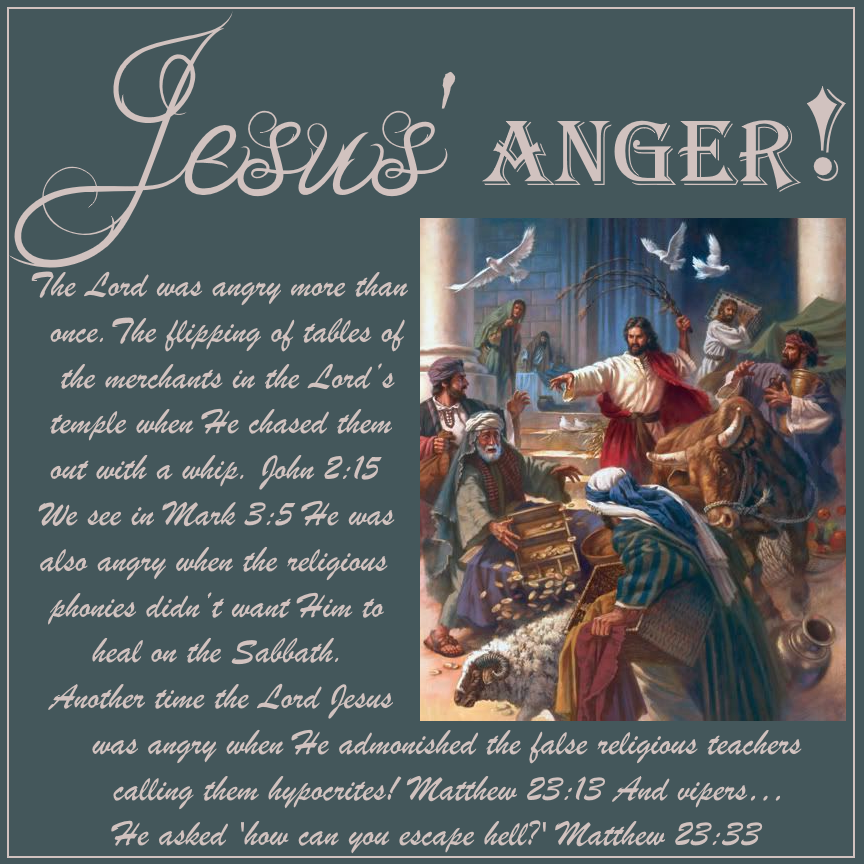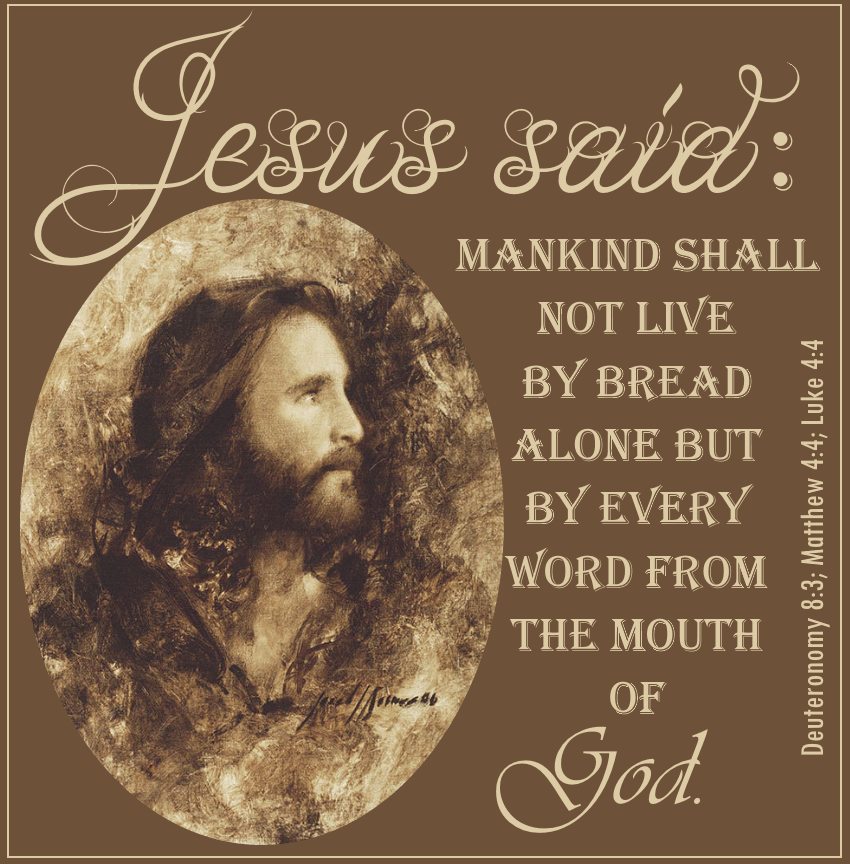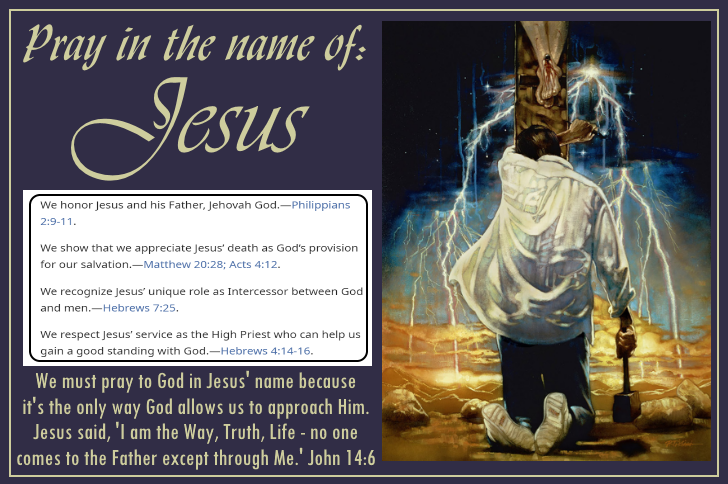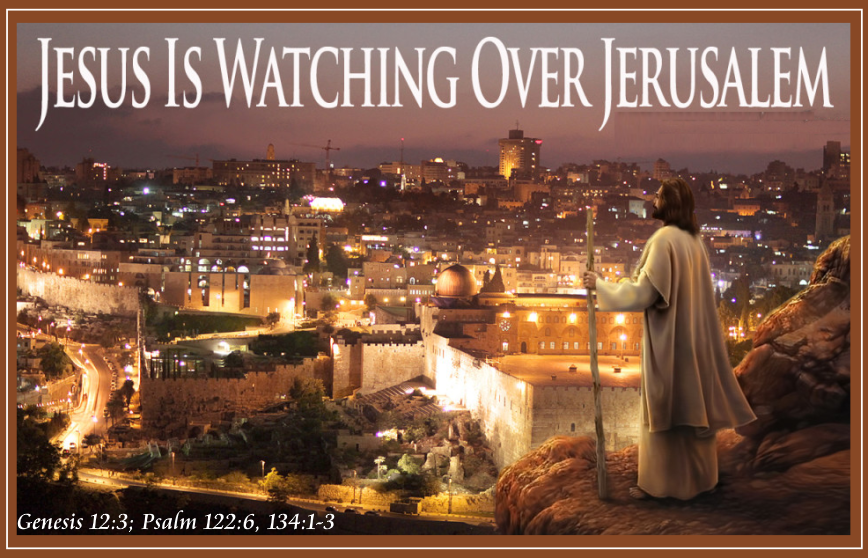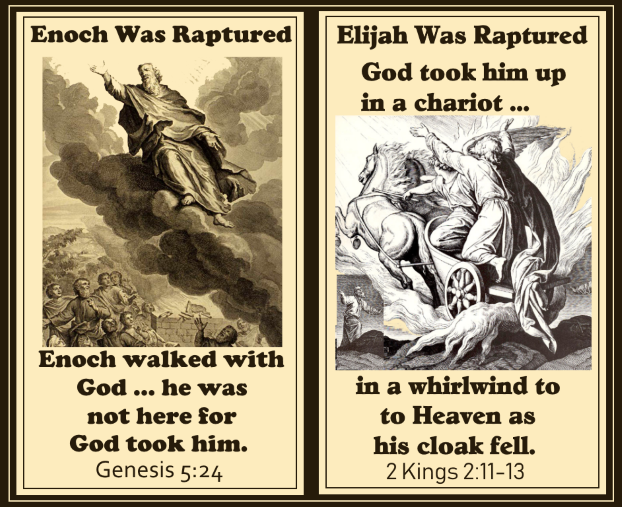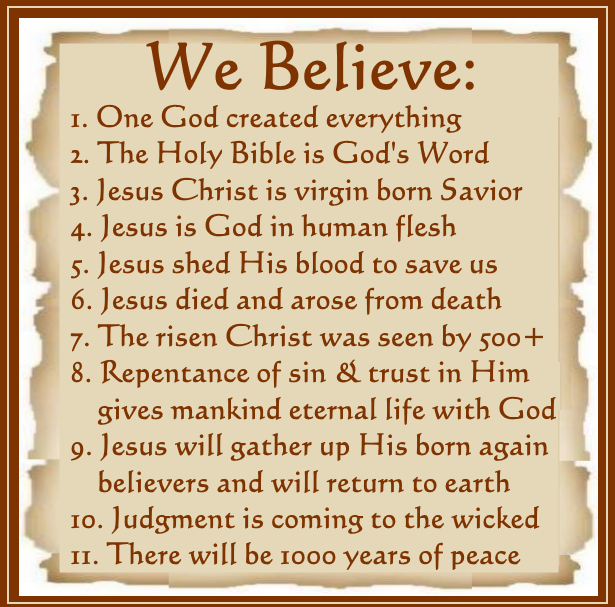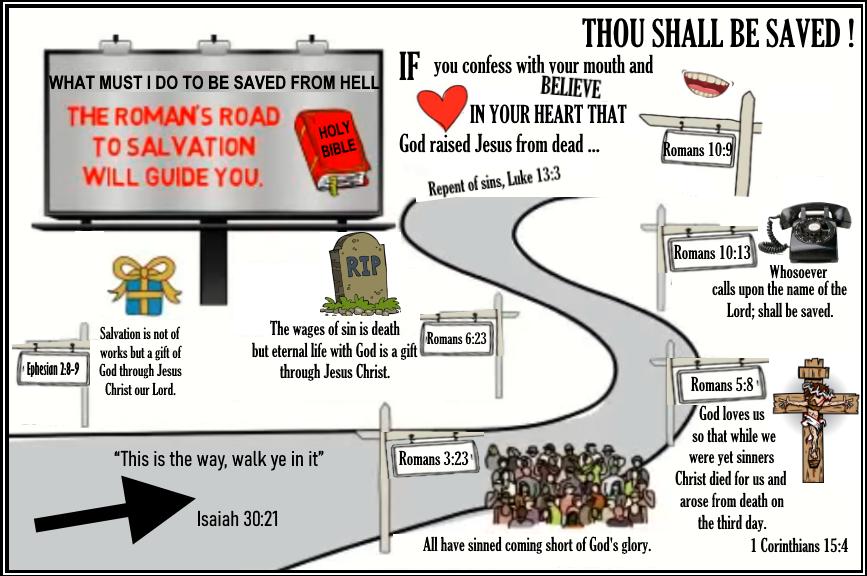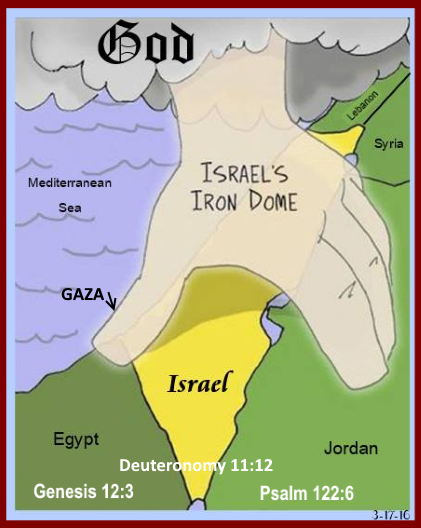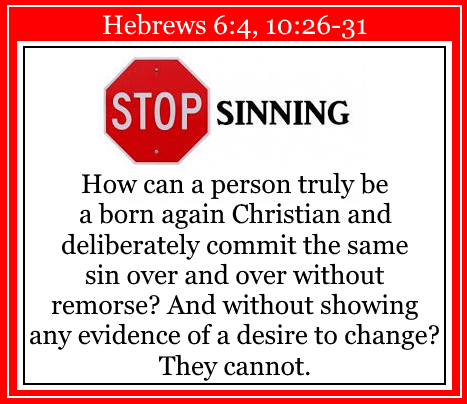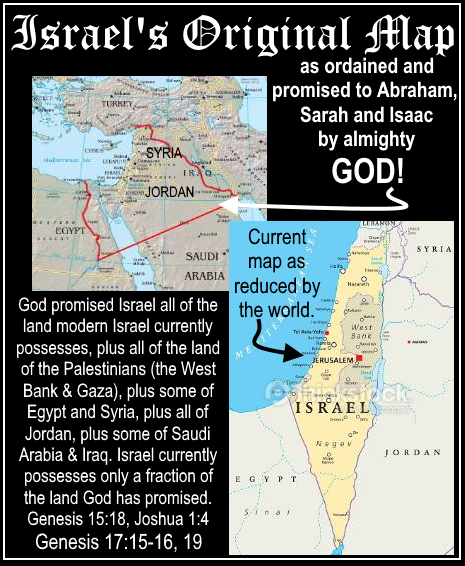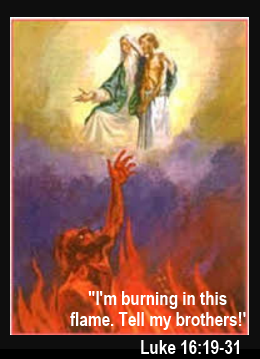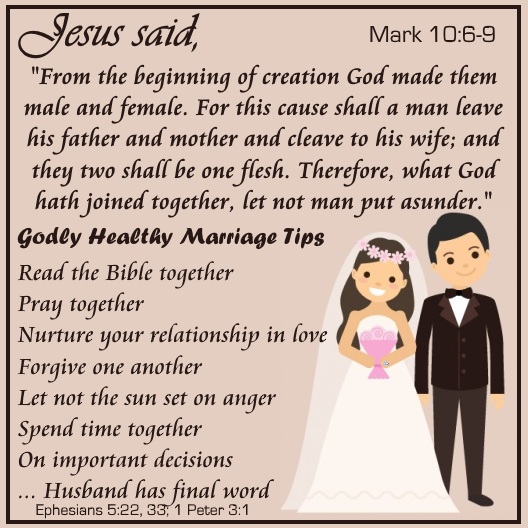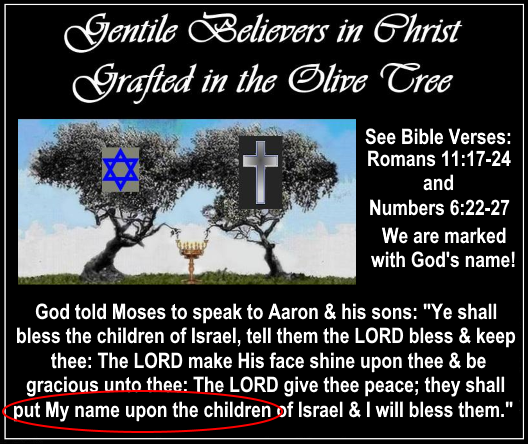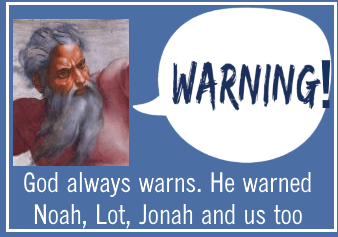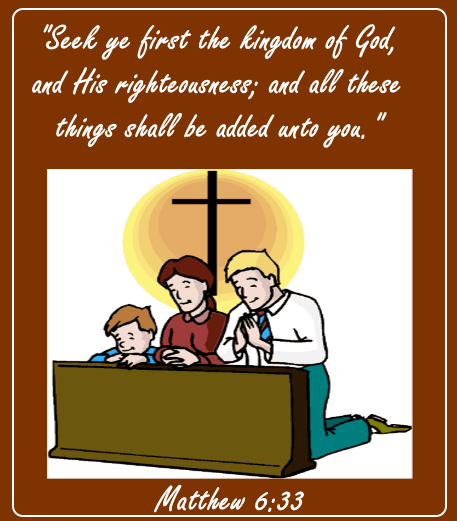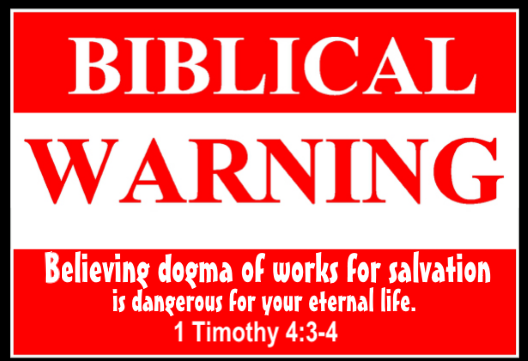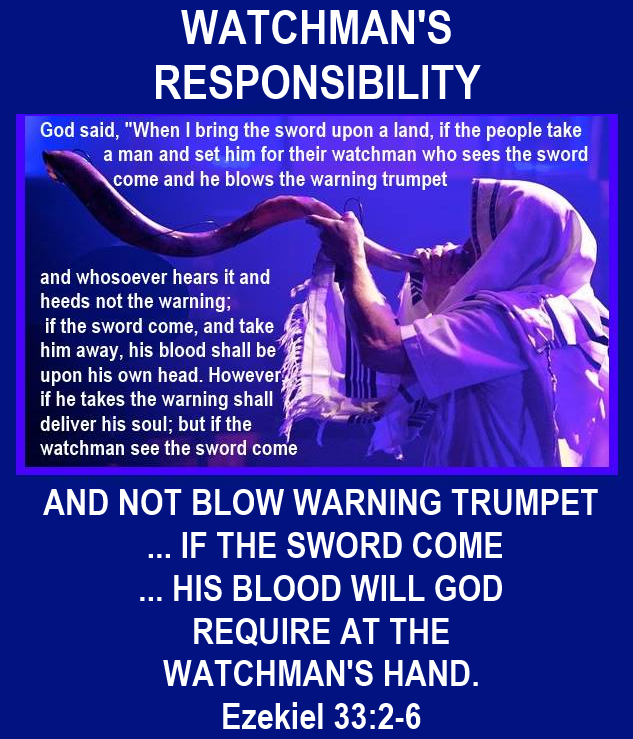With Guidance By Almighty God, King Cyrus declared Jerusalem and the temple to be rebuilt. Cyrus along with his ally, Darius the Mede, invaded the Empire of Babylon bringing its downfall The Greek historian Herodotus, in Volume 1 of his histories, records the wonderful story of how Cyrus miraculously escaped death at the time of his birth and how he was brought up by a shepherd who wasn’t even his father. Thus, fulfilling God's spoken word to the prophet Isaiah. Cyrus was raised early to be a shepherd fulfilling God's word to Isaiah in chapter 44. Isaiah’s prophecy states that Cyrus would declare Jerusalem and the temple to be rebuilt. According to the Bible, King Cyrus of Persia along with his ally, Darius the Mede, invaded the Empire of Babylon bringing its downfall. The following is an account from King Cyrus which was found inscribed on a clay barrel [aka cylinder] now on display in the British Museum. He mentions how he conquered Babylon, returned exiles to their former lands, returned the articles of worship to the sacred cities and commanded that the temples where they worshiped be rebuilt. The Inscription reads: "The number of men in his army were so great, resembling that of water in a river, which could not be counted, marched forward, their weapons stashed away. Without engaging the enemy, he was able to enter Babylon without causing any damage to the city. Into my hands, Nabonidus was delivered, the king who did not worship him . . . "To the sacred cities located on the other side of the Tigris river, I sent back to the ruins of their holy places, the articles which were used in their sanctuaries. I also allowed to return to their homes the former citizens of the land, . . . I also made an effort to repair their dwelling places." The next prophecy confirmed by history is found in Isaiah 44:27: “Who says to the deep. Be dry! And I will dry up your rivers’. And Isaiah 45:1-2 which says: "Thus says the LORD to His anointed, To Cyrus, whose right hand I have held; To subdue nations before him and loose the armor of kings, To open before him the double doors, So that the gates will not be shut. 'I will go before you and make the crooked places straight; I will break in pieces the gates of bronze. The fullfillment of these prophecies are confirmed by the historian Herodotus who wrote: "The land of Assyria possesses a great number of cities, the strongest and most well known being Babylon, . . . The following is a description of the place: Along the edges of the top wall, they built single room structures each facing one another, leaving enough space between them to turn a four-horse chariot. A hundred gates, all of brass, with bronze lintels and side-posts make up the circuit of the wall . . . The city is divided into two sections by the river running through it. This river is known as the Euphrates, a wide, deep, and very swift stream, which begins in Armenia, and ends at the Erythraean sea . . . At the rivers entry points are low gates in the fence that flank the stream, which are similar in design to the great gates in the outer wall, made of brass, and which open toward the water . . . Cyrus marched in the direction of Babylon and came to the banks of the Gyndes, a river which starts in the Matienian mountains and flows through the land of the Dardanians, and discharges into the Tigris river. The Tigris then continues to flow past the city of Opis, and empties into the Erythraean sea. Since the Gyndes could only be crossed by boat, Cyrus stopped at the river. One of his favorite white horses, which went along on his march, bolted off and tried to cross the river by itself, galloping into the water the horse was taken hold of by the current which swept him downstream and plunged him to his death. Cyrus became furious with rage and vowed to break the river’s strength, saying that future generations would be able to cross it without getting their knees wet . . . His plans to attack Babylon were now put on hold, and He divided his troops into two regiments. With the use of ropes he began to mark off areas on each side of the Gyndes, leading off from it in all directions, one hundred and eighty planned trenches per side. He then commanded his forces to dig opposite one another on both banks. His threat to break the river soon became reality with the assistance of a great a number of workers. But it came at a cost, the whole summer season was now lost. Having defeated the river Gyndes, by diverting it into three hundred and sixty channels, Cyrus waited for next spring to march against Babylon. A short distance outside of the city wall, the Babylonians army was waiting for him. A battle ensued, in which the Persian king defeated the Babylonians, who then withdrew into their fortress. Here they shut themselves up mocking his siege, for they had prepared against his attack by storing up food within the city that would last for many years; for when they saw Cyrus conquering nation after nation, they were convinced that he would never stop, and that sooner or later he would try to overpower them. Now Cyrus did not know how to proceed, for many days had passed and he made little progress in conquering the city. Finally, either someone suggested a plan of action, or he himself came up with the idea, which he proceeded to follow. Placing a regiment of his troops at the spot where the river enters the city, and another group at the back where the river exits. He ordered them to march into the city as soon as the river became shallow enough for them to forge. He and his army then withdrew back to the place where Nitocris dug the lake for the river, proceeding to do exactly what she had done in the past; he diverted the Euphrates by a canal into the old lake bed, which was now a marsh. The river began to lower to such a level that it was now possible to cross. At this moment, the Persian army that was left behind at Babylon entered the stream, whose level reached midway up a man's thigh, and they marched into the city. Had the Babylonians been aware of what Cyrus was up to, or had seen their danger, they could have kept the Persians from entering the city and would have destroyed his army; for they could have closed all the street-gates which overlooked the river, and from atop the walls along both sides of the waterway, would have caught their enemy off-guard in a trap. But fortunately for the Persians, their attack was a surprise and they were able to capture the city. Because the city was so large, the citizens located in the central part of town were not aware what had taken place, even though the outer areas of the city had already fallen, for they were engaged in a festival of dancing and revelry. This was the account of how Babylon was first conquered." The account of Herodotus verifies that God allowed Cyrus to subdue many nations before him, dry up the mighty waters and enter Babylon’s open gates of bronze, all while Belshazzar, their prince, was throwing what would be his last party just as recorded in Daniel chapter 5.
Thus saith the Lord, "I am the Lord that makes all things; that stretches the heavens alone; that spreads abroad the earth by Myself; That frustrates liars, and makes diviners mad; turns wise men backward and making their knowledge foolish. That confirms the word of His servant and performs the counsel of His messengers; that saith to Jerusalem," Thou shalt be inhabited; and to the cities of Judah, Ye shall be built, and I will raise up the decayed places thereof: That saith to the deep, Be dry" and I will dry up thy rivers: That saith of Cyrus, "He is my shepherd and shall perform all My pleasure": even saying to Jerusalem, "Thou shalt be built; and to the temple, Thy foundation shall be laid." Isaiah 44:24-28 Source: www.biblehistory.net/newsletter/cyrus.htm *** LIKE CYRUS, BELIEVERS IN CHRIST JESUS ARE CHOSEN BEFOREHAND NOT TO BUILD A TEMPLE OUT OF STONE BUT TO FORM A LIVING TEMPLE *** Cyrus the Great in the Bible - Wikipedia From the Holy Bible we see that Cyrus the Great, King of Persia (c. 600 or 576 – 530 BC) the patron and deliverer of the Jews. He is mentioned 23 times by name and alluded to several more. From these statements we learn that Cyrus the Great, king of Persia is credited with the the rebuilding of the Jewish Temple in Jerusalem. Comments are closed.
|
✝️ Titus 2:13 ♥️🙏
✝️🙏 Jude 1:4 ❤️
===
===
Index
All
Online Bible here
Exodus 20:2-17 God's Ten Commands
Jesus said: "Marvel not that I said you must be born again!' John 3:3, 7
Jeremiah 6:11 _____________
GOD'S STRONG DELUSION 2 Thessalonians 2:10-12 __________ Called, Chosen:
Matthew 15:13; Mark 13:20; Luke 20:35 John 6:37, 39, 44, 65 Hebrews 9:15 Revelation 17:14 We must obey God. Luke 11:28
FLY ME TO THE MOON SONG:
https://www.youtube.com/watch?app=desktop&v=pdJ0zMv4N4o Isaiah 26:3; Philippines 4:6
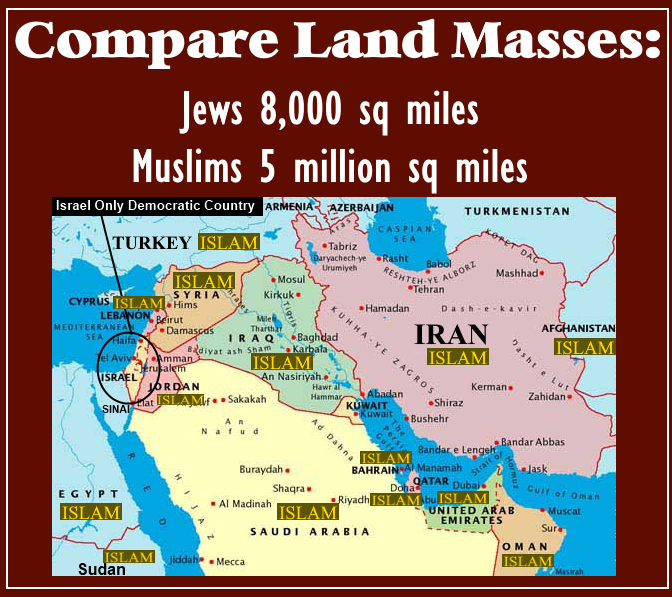
7-8-21-21, Israel has only 8000 square miles of land - the Muslims have 5 million. Yet, they also want the Jews land. Of all the nations of the world, the Lord chose the descendants of Jacob [Jews], not Ishmael [Muslims], to be His covenant people - the descendants of Abraham and wife Sarah. (Genesis 17:19-21; Malachi 1:1–5).

✝️ 6-8-20, Jesus is God; He came to save sinners. “For He [Jesus] Whom God sent speaks the words of God: The Father loves the Son & has given all things into His hand. He that believs on the Son hath everlasting life & they that believes not the Son shall not see life; but the wrath of God abideth on them.” John 3:34-36
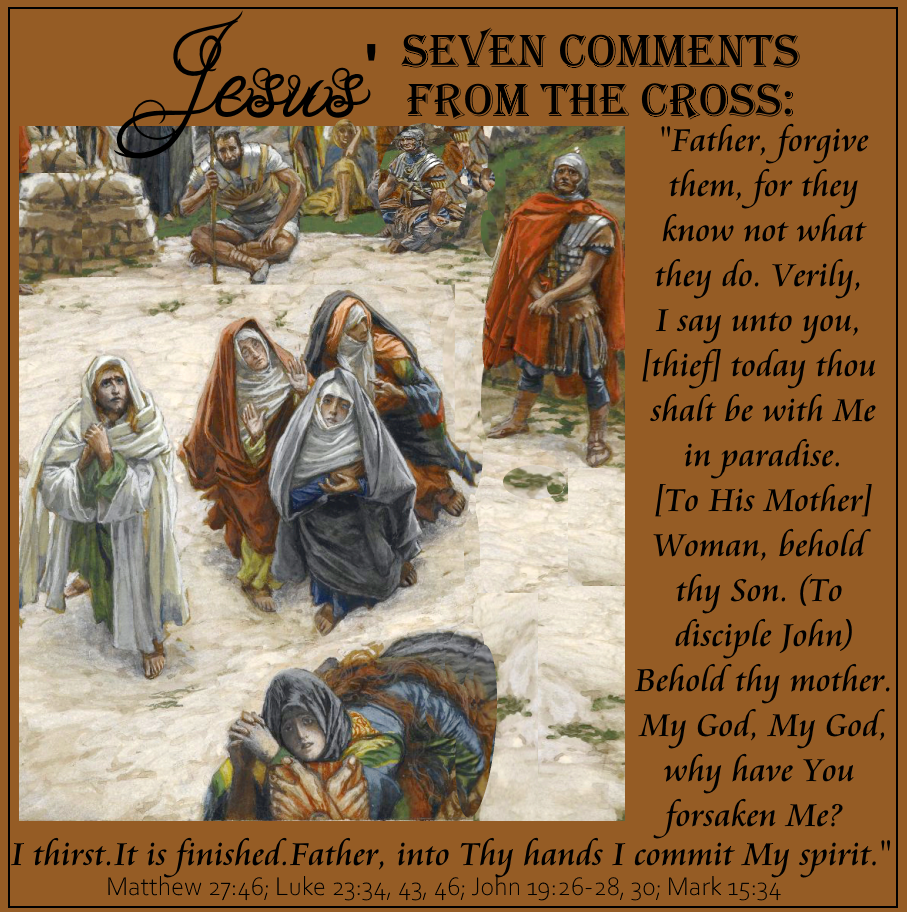
✝️ 6-7-20, The Lord □ Jesus spoke from the cross first of forgiveness, salvation then of His Mother's care into John's hands. He spoke of being forsaken & then triumph as His task as human was complete shedding His perfect blood for the forgiveness of sins to all who repent believing in Him. His body was thirsty. And last of His reunion with the Father. Matthew 27:46; Luke 23:34, 43, 46; John 19:26-28, 30; Mark 15:34
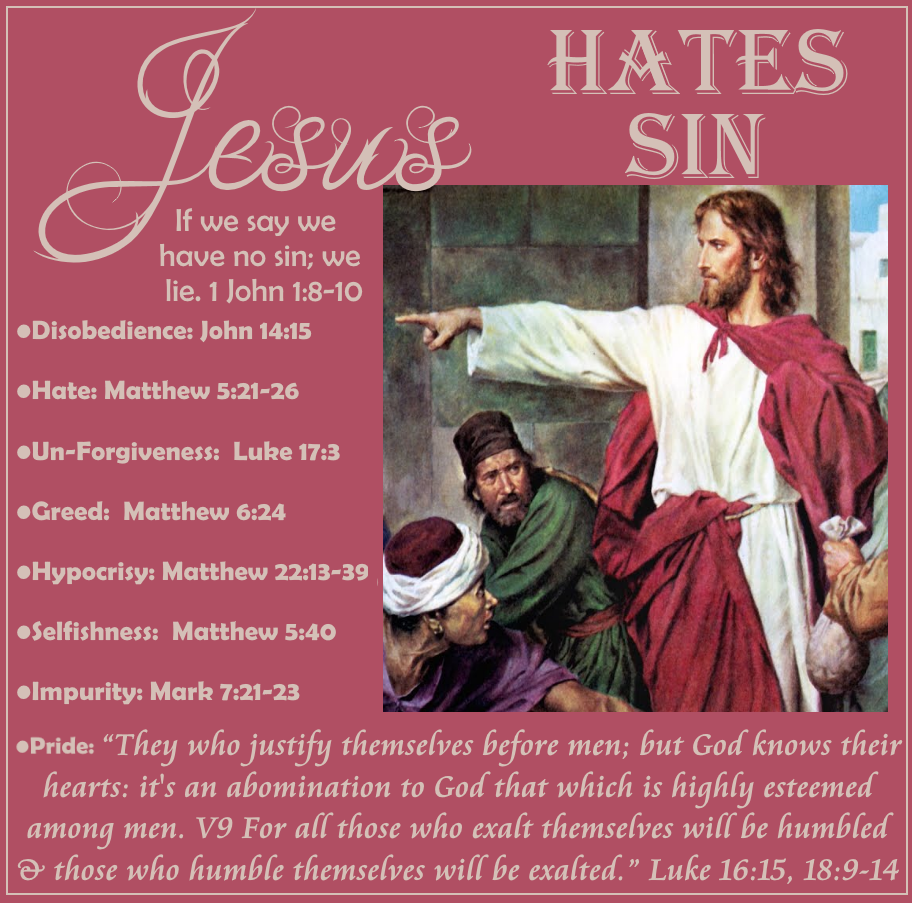
✝️ 5-7-20, Sins □ Jesus Harshly Condemns; He said, “God knows our hearts: for that which is highly esteemed among men is abomination in the sight of God. V9 For all those who exalt themselves will be humbled, and those who humble themselves will be exalted.” [Pride] Luke 16:15, 18:9-14; Hebrews 1:8-9
Terrific Free Bible App for Cell Phone here
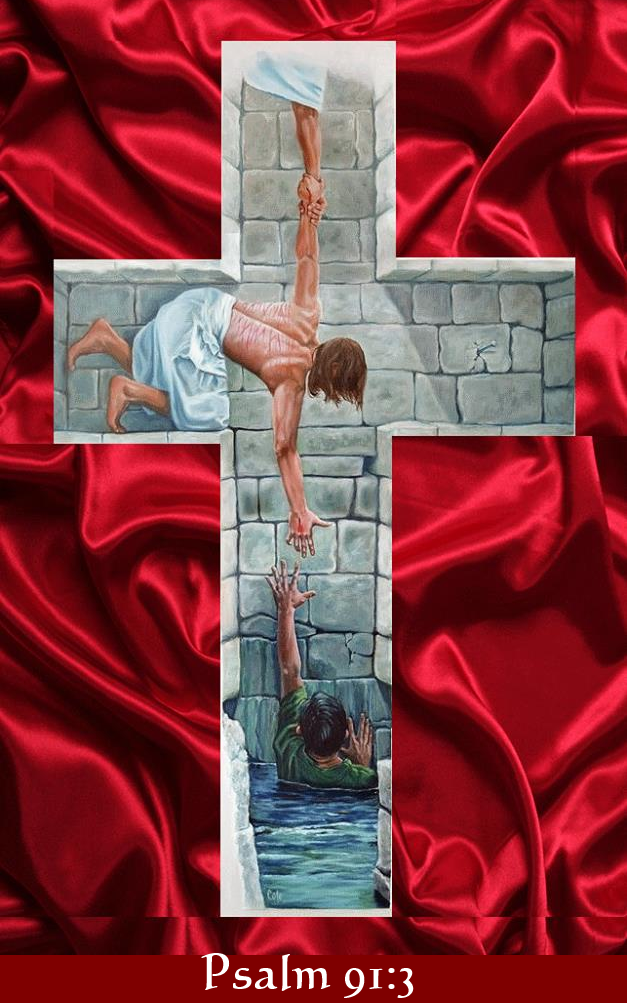
Psalm 91:3
Audio Bible
Jeremiah 4 Read the Bible
AuthorAnnette Greco-Meisner Archives
July 2024
===
Disclaimer: No violation of Copyright Law intended for any images or work presented - with no financial gain. U.S. Title 17 Code § 107 Section 106A-117 of the U.S. Copyright Law. "Fair Use Notice" Images and videos on this site may contain copyrighted material. That are made available for educational purposes only. ===
|


 RSS Feed
RSS Feed







